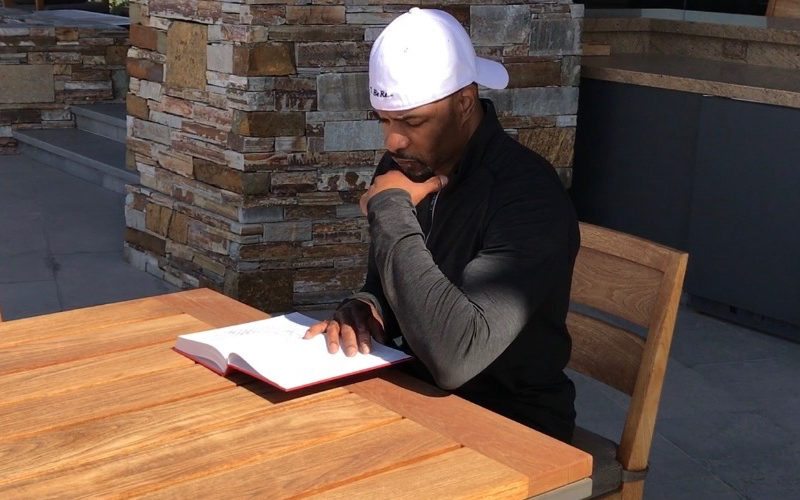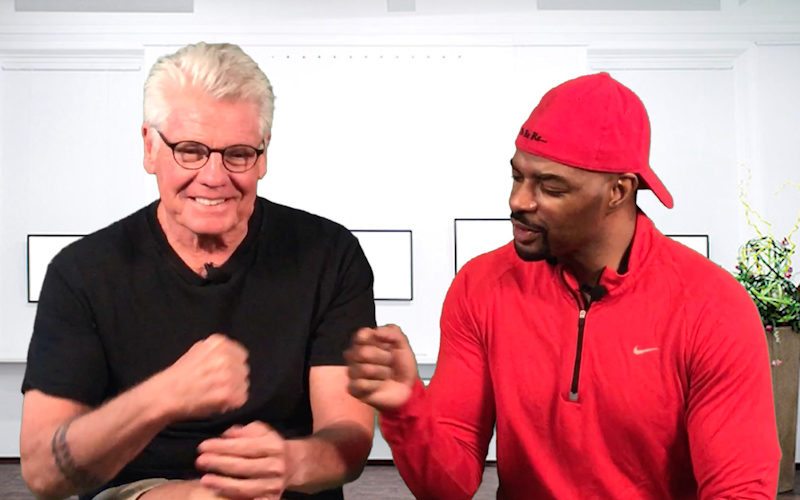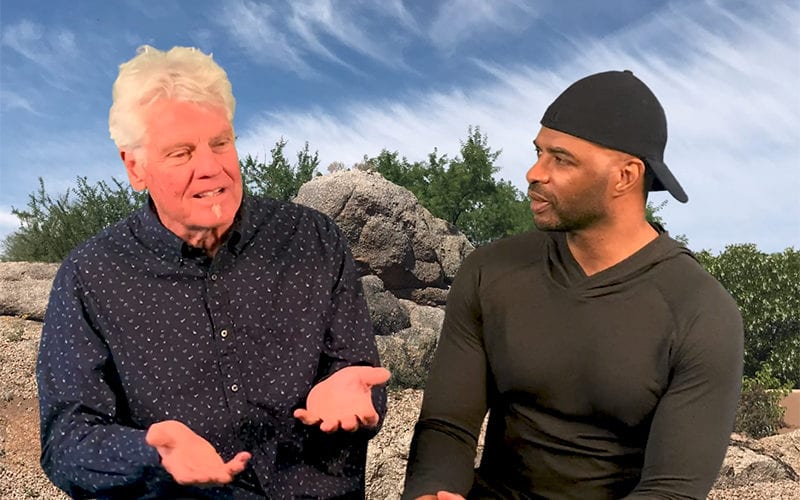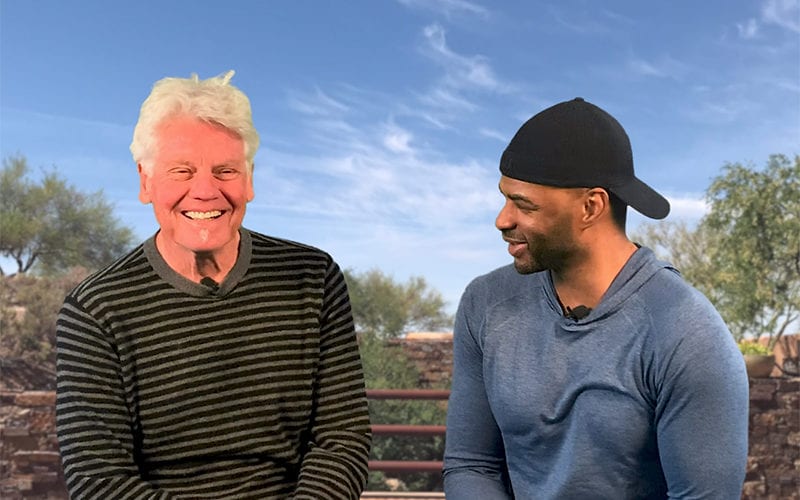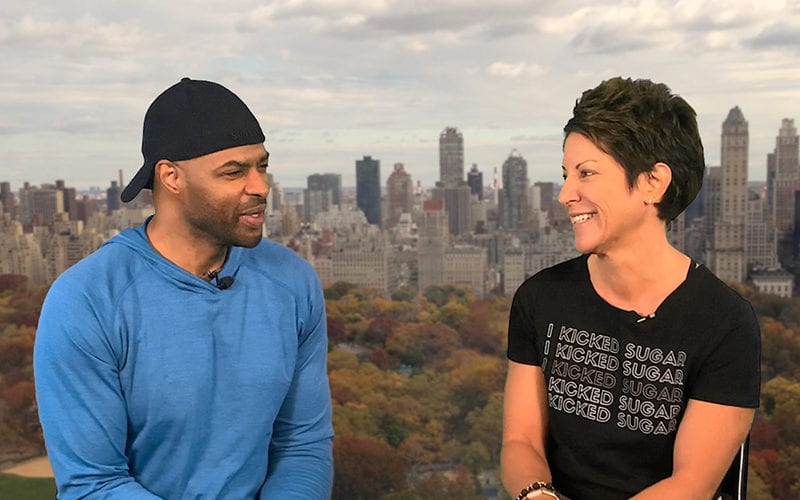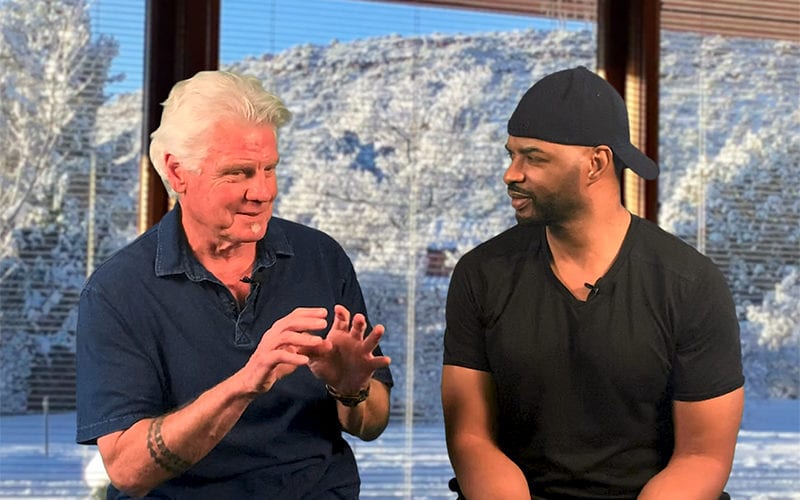Episode 24: Accepting Others’ Choices Without Judgment
It can be hard to accept someone else’s choices; especially if it’s not what you want for them or from them. And to do so without judgment is even harder. In this show, Rick and Keith talk about the challenging path they’ve taken to be unconditionally accepting of others’ choices. While tough on the ego, it’s incredibly good for you and the other person.
Keith’s Reference:
See www.inner-truth.net. At certain times in our lives we find ourselves having trouble moving on, getting over or forgiving. Each of these three problems require a level of acceptance, in order to move forward in our lives.
When we have trouble accepting something; it is because things are not how we want them to be.
Our ego, our driving force, is enraged. Enraged, because we want things a certain way. Any other way, simply won’t do. It’s almost like a small child within you shouting “NO!”, and whilst you don’t normally physically act like a child and stamp your feet. When you have trouble accepting something you still get angry inside.
It is important that you understand that it is your ego wanting things another way, despite the fact that your happiness requires that you have to accept and let it
Rick’s Reference:
Wayne Dyer, see www.waynedyer.com. Dyer taught readers to pursue self-actualization calling reliance on the self a guide to “religious” experience. Dyer criticized societal focus on guilt, which he saw as an unhealthy immobilization in the present due to actions taken in the past. He encouraged readers to see how parents, institutions, and even they, themselves, had imposed guilt trips upon themselves. Although Dyer initially resisted the spiritual tag, by the 1990s he had altered his message to include more components of spirituality when he wrote the book Real Magic and discussed higher consciousness in the book Your Sacred Self. He passed away at age 75.
Enlightened playwright and social critic Voltaire (1694- 1778) writes in his Candide that after a long journey across Europe and Asia Minor, his hero Candide settles down on the outskirts of the Muslim city of Constantinople to “tend his own garden,” in other words “to mind his own business.” After witnessing horrifying episodes of religious intolerance and political oppression, Candide decides that the best thing to do in the world is settle down, live peacefully with his neigh bors, and produce something of value to others, which is al ways done best by tending only to one’s own affairs.
Load Comments









